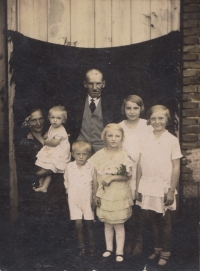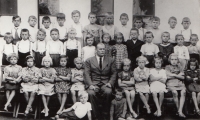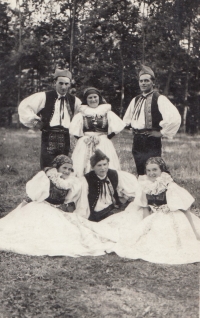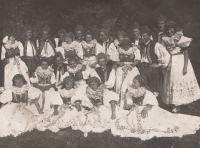Every free moment we had, we had to help our parents
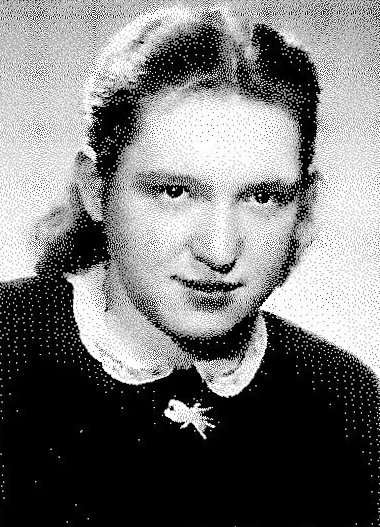
Download image
Alena Kovářová, née Surmová, was born on 19 February 1931 in Střeň into a religious family. Her father, together with his three brothers, was deployed in the First World War, was wounded, and eventually only he and one of his brothers returned home. From an early age, the witness helped her parents on the small farm that supported them, which was nationalized by the communists after 1948. She was a member of the Scout Movement and, thanks to her sister, acted in plays such as Erben’s The Waterman. After an extra school year in Pňovice, she studied at the textile company school in Šumperk, from which she had to leave after a year due to health problems. She then worked in the forest, in a nearby carpenter’s shop, as a cleaner, in a cosmetics factory in Olomouc and then for ten years in a mill. At the age of seventeen, she met her future husband and together with a friend of his, they hiked around Slovakia. They then married and raised three children together. Twice they moved, thanks to her husband’s work, to the Soviet Union, where she experienced the consequences of the Chernobyl nuclear power plant explosion. After 1989, their nationalized fields were returned to them. In 2023, she was living in Střeň.

